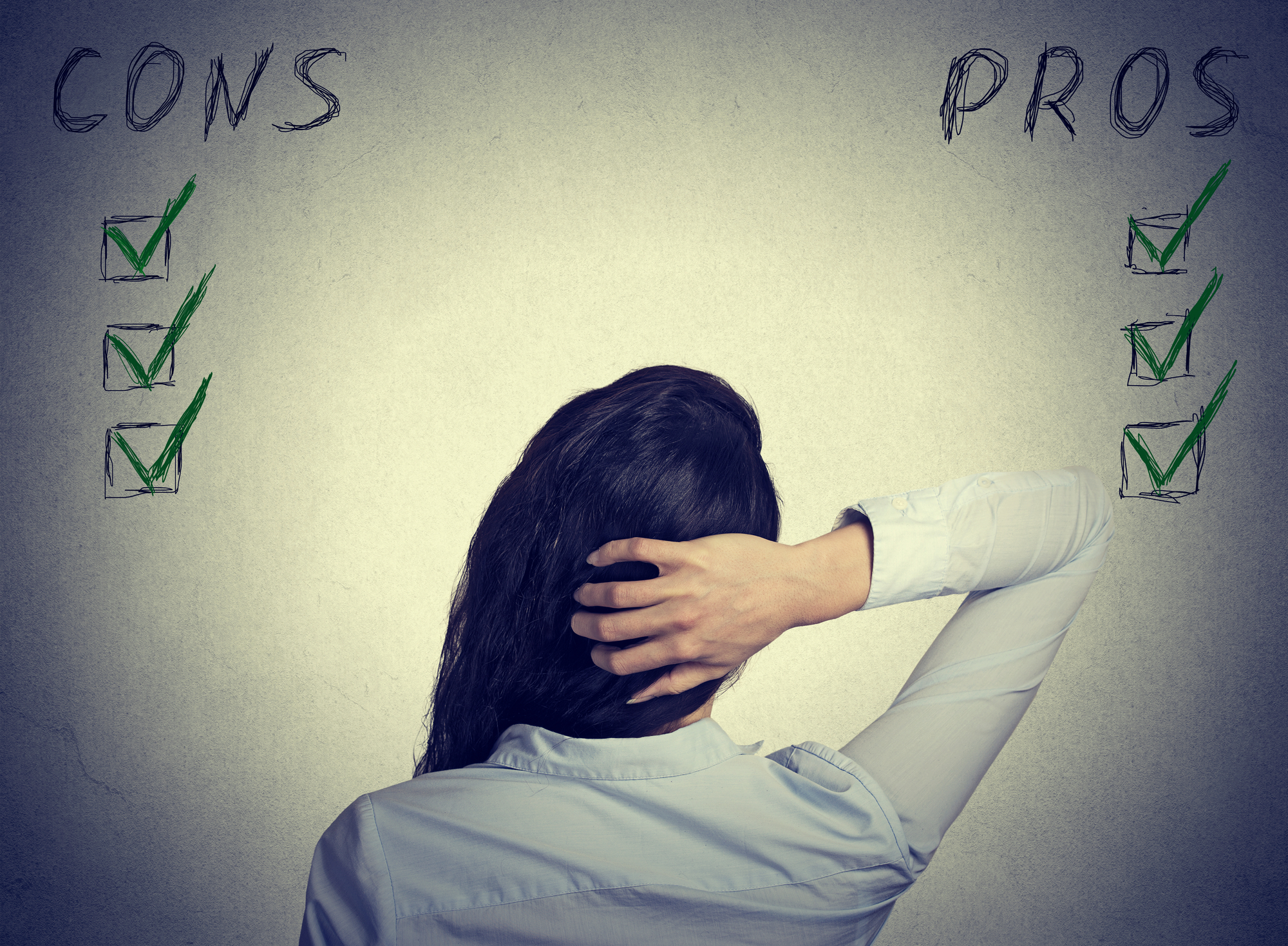This tops the list of questions I get from readers.
Will this work?
They’re thinking about launching a podcast or writing a book, and they want my opinion on whether their approach will work.
My answer?
There’s only one way to find out: Try it.
If there’s any formula I’ve followed in my life, it’s this: Stop overthinking. Start experimenting, learning, and improving.
Experimenting beats debating. Action is the best teacher.
You can make all the pros-and-cons lists you want, but it’s hard to know what will work and what won’t work—unless you try.
To experiment is to be humble—to acknowledge that you’re uncertain how your idea will pan out. It also reduces your attachment to a particular idea. You haven’t committed to moving to Singapore. It’s just a 2-week visit to see if you like it. You haven’t committed to being a podcaster. You’re just recording 5 episodes to see if you enjoy it.
Here are three questions I ask when I run experiments. I’ll answer them in the context of an experiment I ran last year to determine whether regularly posting on social media would increase traffic to my website.
1. What am I testing? You’re running an experiment, so you need to know what you’re testing. Will I enjoy podcasting? Will posting on social media increase traffic to my website?
2. What does failure look like? What does success look like? Define your criteria for failure and success. Do this at the outset—when you’re relatively clearheaded—before your emotional investments and sunk costs cloud your judgment. For me, success was a 5% increase in traffic to my website from social-media platforms. Anything less than that would be a failure.
3. When will the experiment end? “Someday” isn’t a good answer.
Pick a firm date when you’ll evaluate whether the experiment is working and put it on your calendar. It’s much easier to start things than to end things, so it’s important to have an exit plan.
I decided to post for 6 months and re-evaluate. At the end of that period, there was a less than 1% increase of traffic to my website, so I stopped posting. If I was chasing vague notions of building brand awareness or boosting engagement—with no carefully defined outcome of what they actually accomplish—I would still be posting today. I may experiment with social media again in the future. But at the time, posting wasn’t serving my goal, so I stopped.
The best experiments have an “I wonder what will happen” quality to them. It’s that uncertainty that unlocks the door to possibility. Experiments that produce unexpected results tend to be far more valuable than experiments that confirm what you already think.
So instead of asking, “How do I jump into this?,” ask yourself, “How do I experiment my way into this?”
With this mindset, life turns into your very own laboratory.
Instead of making firm plans, you experiment with different ideas and allow your future to emerge as you discover what works and what doesn’t.
Bold



